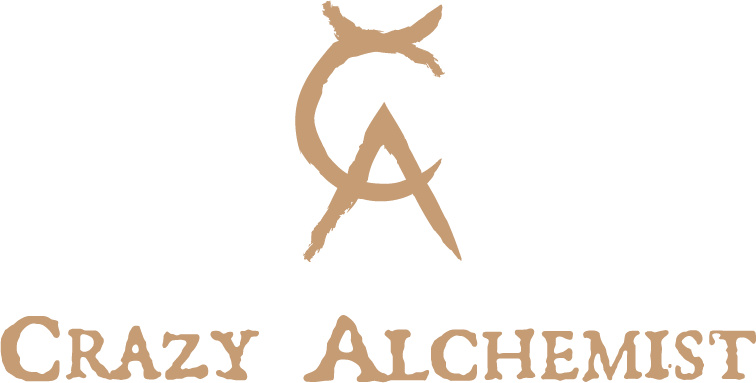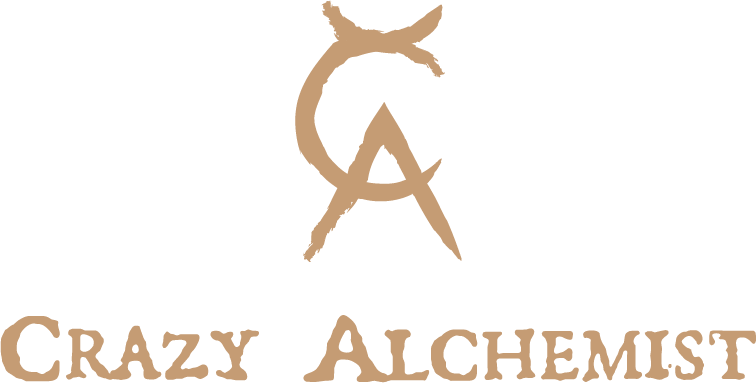The Science of Smell: A Journey Through the Olfactory System

The sense of smell, or olfaction, is one of our most powerful connections to the physical world. It is also one of the oldest senses, having evolved over hundreds of millions of years. This ancient sense has a profound impact on our lives, influencing everything from our memories and emotions to our taste in food and even our choice of a partner.
The journey of a scent begins when odor molecules enter our nostrils and reach the olfactory epithelium, a small patch of tissue high up in the nasal cavity. Here, these molecules bind to olfactory receptors, each of which is tuned to detect a few related types of odor molecules. When an odor molecule binds to a receptor, it triggers a nerve impulse that travels along the olfactory nerve to the brain.
The Biological Mechanism of Smell
The olfactory system is a marvel of biological engineering. Each olfactory receptor neuron in the nose expresses only one type of olfactory receptor protein. With hundreds of different olfactory receptors, we can detect and distinguish a vast array of smells. The olfactory system is also unique in that it is our only sensory system that is directly connected to the brain. This direct connection allows for the rapid transmission of olfactory information, which is essential for survival.
The Quantum Theory of Olfaction
The traditional view of olfaction is that odor molecules are detected by their shape. However, the vibration theory of olfaction proposes a fascinating twist: odor molecules may be detected by their vibrations, which would involve quantum mechanics. According to this theory, the receptors in our nose may be able to detect the quantum 'vibes' of odor molecules, adding another dimension to our sense of smell. While this theory is still under debate, it opens up exciting new possibilities for understanding how we smell.
The Connection to Memory and Emotion
Our sense of smell is intimately linked to our memory and emotions. This is because the olfactory system is closely connected to the limbic system, an area of the brain involved in memory and emotion. This is why certain smells can instantly trigger vivid memories or strong emotions. The smell of freshly baked cookies, for example, might bring back fond memories of childhood.
The Impact of Smell Loss
The loss of smell, known as anosmia, can have a profound impact on a person's life. It can affect the ability to taste food, detect dangers like smoke or gas, and even impact social interactions. Anosmia can be caused by a variety of factors, including aging, viral infections, and neurological disorders. Research is ongoing to find ways to treat anosmia and restore the sense of smell.
Our sense of smell is a complex and fascinating system that connects us to the world in profound ways. From the biological mechanisms that detect odor molecules to the emotional and memory responses they trigger, the science of smell is a rich and exciting field of study. As we continue to unravel the mysteries of the olfactory system, we can look forward to new insights and discoveries that will deepen our understanding of this vital sense.
And if you're interested in exploring the world of scents more deeply, why not embark on a sensory journey with Crazy Alchemist's "Scent Journey" course? This course offers a unique opportunity to dive into the mysterious metaphysics of scents and immerse yourself in the art of perfumery.
In this course, you will learn how scents influence our moods and emotions, and how you can harness this effect in your everyday life. You will discover the intricate science behind our sense of smell and gain a deeper appreciation for its impact on our lives.
As the culmination of the course, you will create your own scented pillow, a personal keepsake that captures the magic of the experience. This hands-on project will allow you to apply what you've learned and create something truly unique.
So why wait? Embark on your scent journey today and discover the transformative power of smell. Visit this page to learn more and sign up for the course.




